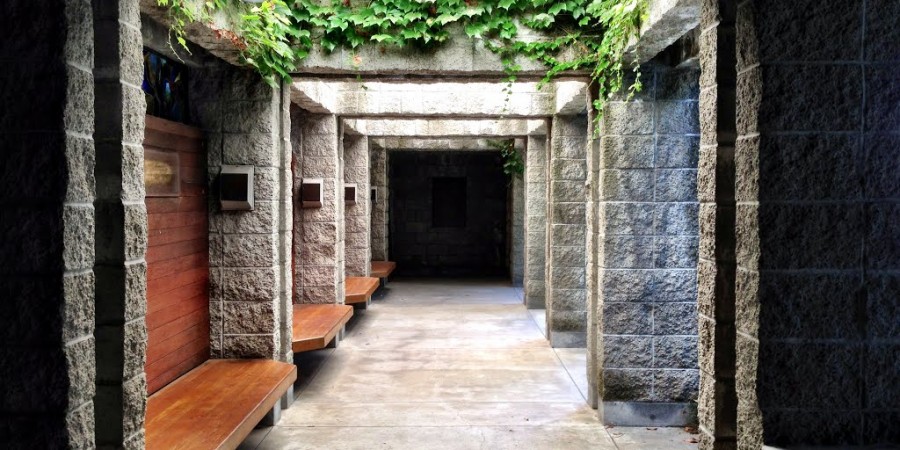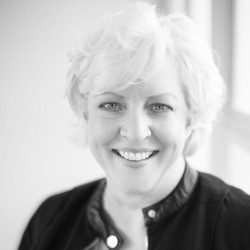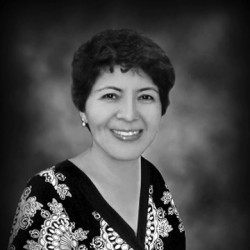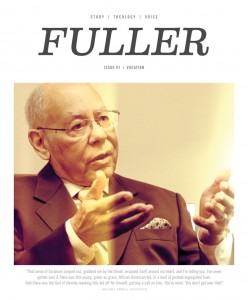
When the flesh—the lived human experience—becomes word, community can develop. When we say, “Let me tell you what we saw. Come and listen to what we did. Sit down and let me explain to you what happened to us. Wait until you hear whom we met,” we call people together and make our lives into lives for others. The word brings us together and calls us into community. When the flesh becomes word, our bodies become part of a body of people. —Henri Nouwen
There is a deep tradition of the Word becoming flesh in the Christian faith, so it should not be a mystery beyond our imagining that the words we speak—whether in the form of story, comment, challenge, sermon, or condolence—have embodiment power. We tell stories about things that happen in the flesh, but the words we speak also have the power to affect the concrete world. Sometimes these shifts are grand, sometimes granular. A sample of the latter: a colleague told me recently the story of a bad week—disillusioned, bitter, unhappy. She sat in my office and wept as she spoke. Her words produced tears, her tears elicited my own. The next day a heartfelt word of kindness from her supervisor turned those thoughts on their heels. “What’s wrong with me,” she thought. “Life is good.”
This is one of the reasons that we have combined the stories from Fuller’s previous Focus magazine with the theological reflections of Theology, News & Notes. We want our theological studies to be illuminated by the context of our stories and our actions. We have put theology in the center of this new publication, then, as a way of saying that thinking theologically is at the center of who we are and goes deep. But that critical conversation is taking place among—and informed by—many other stories, discussions, journeys, epiphanies, disagreements, changes of heart, and acts of disappointment and kindness. So we will tell some of those, too.
It is what we hope to do, here in print three times a year, and in a more fully orbed way on our accompanying website (the address for which appears at the bottom of each page). Fuller storytellers will tell stories, in word and image, of students and alumni enacting their callings, and our advisors will highlight other subjects that become important to our community as a result of listening and thinking and caring deeply together.
This inaugural issue of FULLER magazine, a new fusion of story, theology, and voice, is meant to reflect the life of Fuller in all her permutations: this is who we are, what we are talking about, and who we are becoming together.
This brings me to one more story, of the grand shift kind. Four times too many in the last year the Pasadena community has gathered in the prayer garden to mourn the loss of loved ones. We gathered to remember, to pay respect, to gain strength from sacred lamenting. Words were spoken and sung, hearts were opened, griefs were shared, and a miraculous chemistry occurred—our sorrow bonded us more strongly together. These loved ones had words unique to them: Thelma Polanco-Perez, Glen Stassen, Olga Martínez, and Toi Perkins-Prince. Their bodies among us may be gone, but the words still have power.



